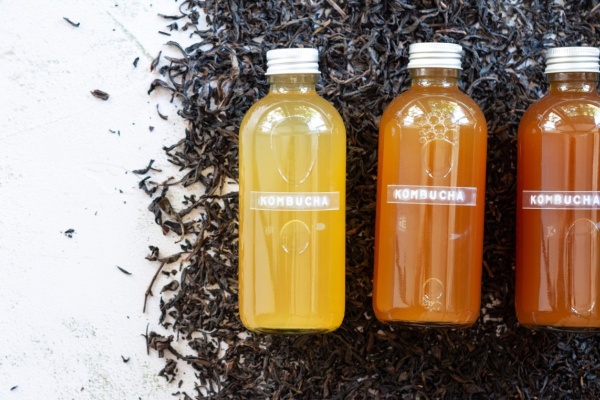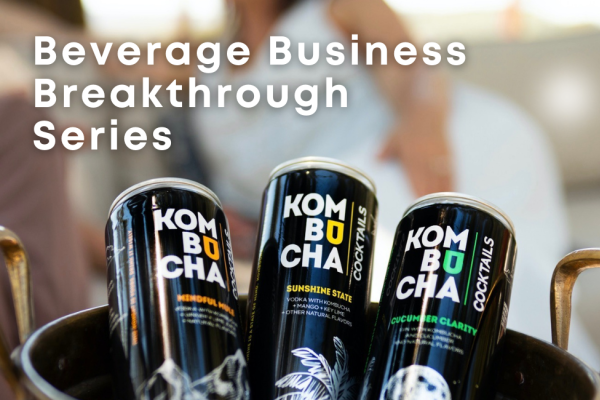Kombucha
Kombucha is a fermented, sweet and tangy beverage with relatively ambiguous origins. While scholars are unsure exactly when or where it originated, it certainly dates back to at least 200 years ago, and has been theorized to have come out of a region of Northeastern China where it was traditionally consumed.
How It’s Made
Kombucha is made by fermenting green or black tea with sugar, resulting in a yeast and bacteria compound said to lend probiotic benefits to the drink. Probiotics (similar to those found in yogurt, cheese, miso, and other fermented foods) help to restore healthy bacteria to our gut, bringing supposed health benefits.
While kombucha used to be mainly brewed at home, it has become more of a mainstream beverage with the recent popularity of functional foods and beverages. It’s now easy to find kombucha in a variety of flavors, with beverage giants, such as Pepsi, jumping onto the kombucha bandwagon.
Kombucha’s Challenges
The drink is not without its limitations, however. Most of the health claims that go along with kombucha have yet to be corroborated by any major scientific study, and the fermentation of the beverage poses opportunities for possible illness if improperly manufactured. Additionally, in order for fermentation to occur, sugar must be used, which may be an unpopular choice among some of today’s more sugar-conscious consumers. It can also be difficult to monitor the alcoholic content of kombucha during the brewing process, and federal regulations on alcohol content may pose a problem for kombucha manufacturers.
























